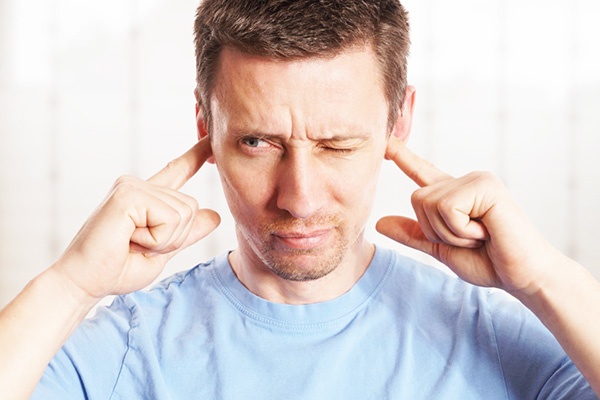Your ears are picking up sounds and sending signals to your brain all the time. Sometimes for certain reasons one of your ears may perceive a sound at a different pitch than your other ear. When such happens, it may seem like what you are hearing is echoing. It’s what doctors are referring to as diplacusis, but everyone else is calling it double hearing.
If it seems like you are hearing echoes, keep on reading. Below you will come across some of the most important things you need to know about it. Don’t forget to repost this article afterwards as some of your family members or friends may be experiencing it from time to time and wondering whether it is something serious or not.
Diplacusis According to the Pros
Health authorities define diplacusis as a hearing anomaly whereby the very same sound is picked up as having a different pitch, depending if it’s presented in the right or left ear. If this is the first time that you are experiencing it, then it’s for certain that you may be feeling troubled and disturbed.
Experts believe that the problem comes into being when one of your ears develops more hearing loss than the other. There are also different types of diplacusis. They are:
Dysharmonica
This is dubbed as the most common form of the hearing problem. This happens when the sound is picked up normally by one ear but the other perceives it at a different pitch.
Binauralis
Such happens when both of your ears perceive a common sound differently. For instance, one may pick up the sound at a different pitch while the other at a slightly different time.
Echoica
This form of diplacusis is experienced when the ears sense timing of the tones differently. Such causes a sound to be heard repeatedly for a period of time.
Monoauralis
In this problem with hearing, one of your ears pick up a sound as two separate ones. In other words, the issue is brought about only by either the right or left ear.
Common Causes
There are many different reasons why diplacusis comes into being. Some of them are nothing serious and will go away on their own, while others may warrant extensive treatment.
Some people may hear an echoing right after being exposed to a loud noise. Evidently, such is due to temporary hearing loss most especially in just one of the ears. Sometimes a more serious problem may strike as a result of such, and it involves damage to the inner ear. Doctors refer to it as noise-induced hearing loss or NIHL.
A trauma to the head may also cause diplacusis to strike. Needless, to say, it’s something that is commonly encountered by individuals who engage in contact or extreme sports.
Just about anything that can cause obstruction in the ear can make diplacusis appear. An inner ear infection and clogged sinuses are some very common examples. Having lots of earwax can also be blamed for such at times. In some instances, the ear obstruction can be due to something more serious, such as the presence of a tumor.
The intake of certain medications can cause it to happen, too. And by the way, health authorities say that someone who has diplacusis may also end up with tinnitus.
Different Treatments Available
Since diplacusis can be due to an assortment of causes, treatment for it varies greatly. For instance, the elimination of the cause of an ear obstruction can put the problem to an end. Diplacusis due to permanent hearing loss may be treated with cochlear implants or the use of hearing aids.
If your ears are echoing and it refuses to go away after a few hours or days or it seems to worsen, make sure that you pay an ENT specialist a visit so that the cause may be identified and treated as necessary.













